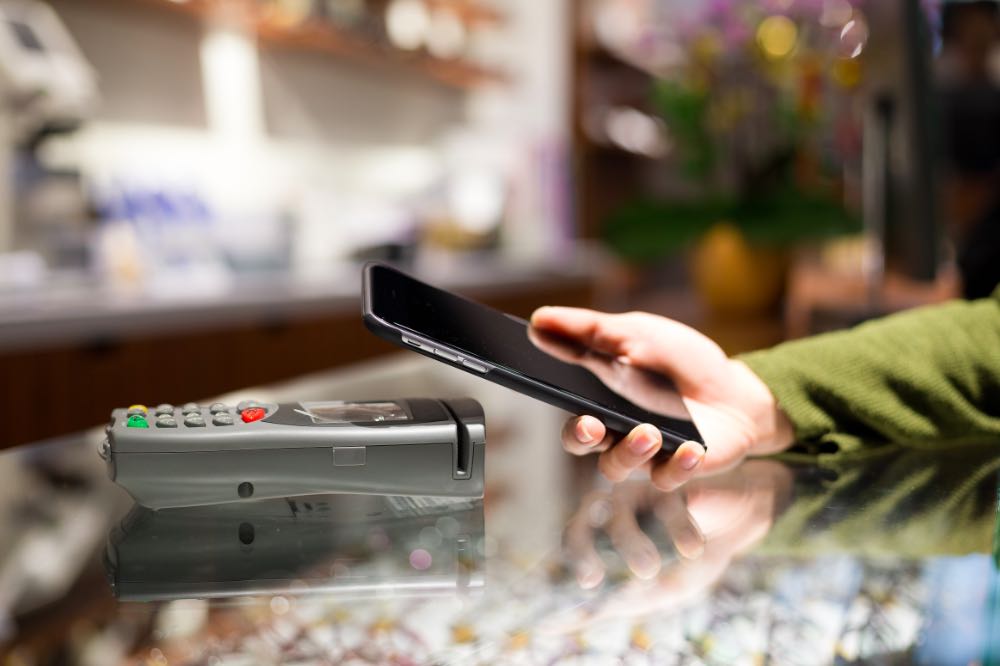Ahmad Raza, the founder of Samurais.co, recently penned an article in the Huffington Post that explores why mobile wallets are more secure than traditional payment cards. As Raza points out, the latest Capital One Rewards Card Outlook confirms that almost 40% of rewards card holders would rather keep their cards in a mobile wallet.

“Unlike a physical wallet where your credit cards and cash are bundled in a single location, a mobile wallet contains extra layers of security that protect your electronic transactions,” Raza explains. “Digitally storing your financial details [also] helps in case you misplace your wallet. Consumers face the risk that their sensitive information will fall into the wrong hands making you more susceptible to credit card fraud.”
According to Raza, digital storage is available in most mobile banking apps, which allows shoppers to have easy access to proof of purchase for returns or the exchange of certain goods.
“If you’re seeking a mobile app that improves the security of your bank account, choose a system that allows you to electronically scan receipts and store them in your own, private collection,” he writes. “That way, all your paperwork is stored in one place and a key document can be easily retrieved the moment you need it.”
In related news, Chuck Martin of MediaPost reports that a recent study conducted by ACI Worldwide found that consumers of bank-based mobile wallets generally have a high degree of confidence in the security of mobile payments, with 80% at least somewhat comfortable with mobile wallet security.
“In the U.S., there’s a higher degree of confidence. For mobile wallets, almost all (94%) consumers think the information stored on their smartphone or tablet is at least somewhat secure, with 30% totally trusting their bank to protect their personal information. Only 6% of U.S. consumers say their mobile wallet data is not secure,” writes Martin. “[Nevertheless], for in-store shopping, not all consumers trust their data with retailers. In the U.S., 66% think most of the stores where they shop in person use security systems that are able to protect their card/account information. However, nearly a third (32%) of consumers don’t trust the stores to protect their data.”
Nonetheless, says Martin, U.S. consumers are “somewhat forgiving” of retailers where they have an issue.
“While more than a third (37%) of those who experienced fraud or were involved on a data breech with the organization would stop shopping there, 26% would not and 37% are not sure,” he adds. “Part of the challenge is deploying totally secure technology for mobile and online shopping. The other part is gaining the confidence of consumers that their information will remain secure.”
As we’ve previously discussed on Rambus Press, mobile payments provide a convenient “tap and go” frictionless commerce experience that effectively eliminates checkout lines at stores and long queues at bus and train stations. However, mass adoption of mobile payments will only be achieved when there is a single, unified platform built on an economy of digital trust that ensures an uninterrupted physical to digital experience. As such, mobile wallets must provide more than a convenient place to store virtual cards by integrating loyalty programs, gift cards, receipts and payment history in a single app. In addition, consumers require assurances that their mobile payment information will remain secure. Similarly, stores and financial institutions need to be confident that the technology behind mobile payments is secure and easy-to-use before it can be truly embraced.
Interested in learning more about mobile payments and wallets? You can check out our product page here and our eBook on the subject below.

